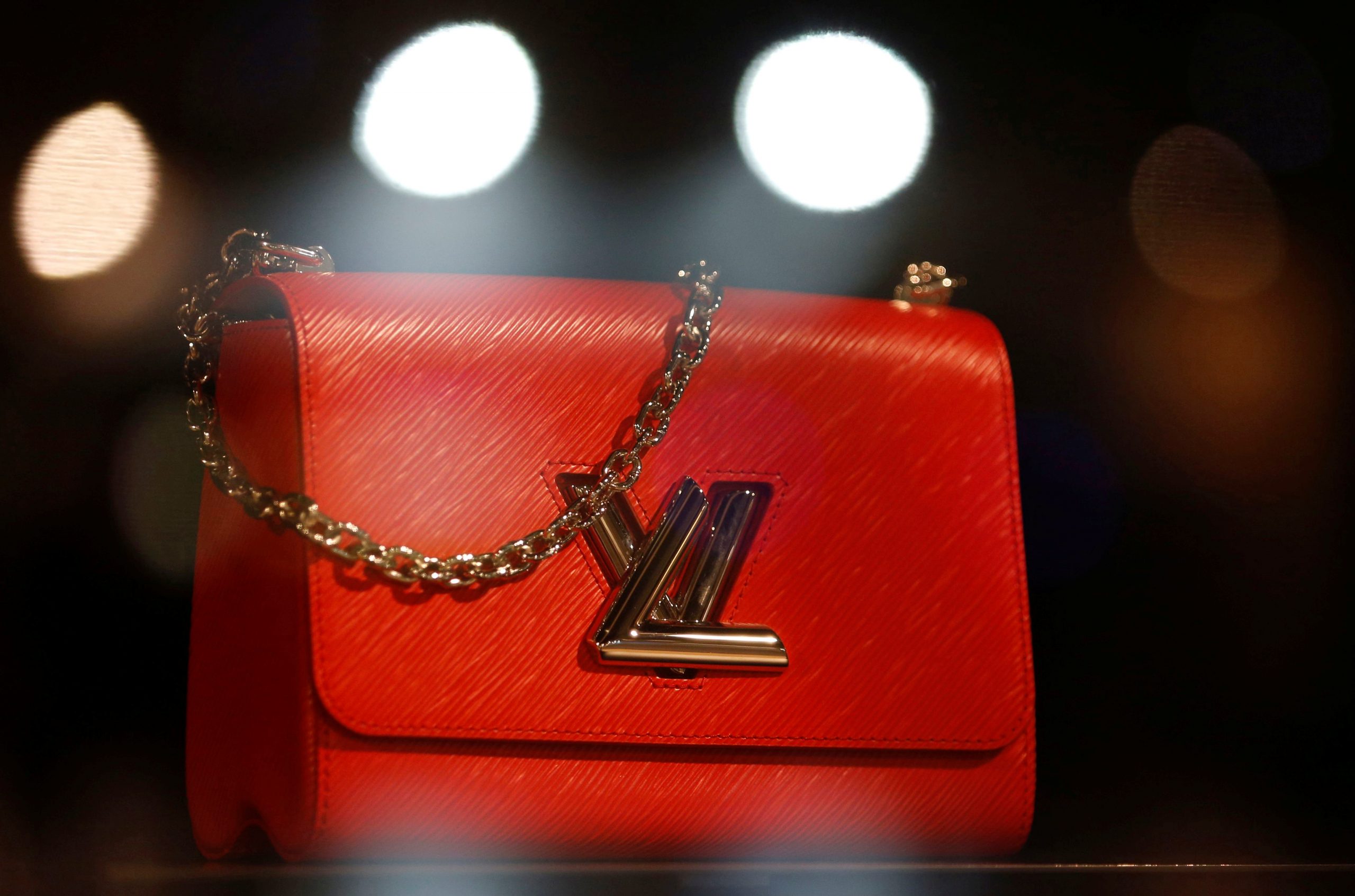Louis Vuitton is considering opening its first duty free store in China on the emerging luxury island hub of Hainan, according to two sources, in a move that would mark a new approach for the world’s largest luxury label.
The brand, which is the main profit engine of French luxury giant LVMH, is known for maintaining an iron grip on distribution and famously never offering discounts on its leather monogrammed bags.
Yet executives are looking at the possibility of opening a duty free shop in the Haitang Bay shopping centre in Sanya, through an agreement with the mall’s state-owned operator, China Duty Free Group, the sources said.
The plan, which would help Louis Vuitton capitalise on pent-up demand for luxury goods by Chinese shoppers – the sector’s most avid consumers – was unveiled by brand executives at an early September presentation in Shanghai, according to a person who attended it.
Louis Vuitton declined to comment when asked about plans for a duty free shop in Hainan, which has boomed as a high-end shopping destination during the COVID-19 pandemic with Chinese consumers unable to travel abroad. China Duty Free Group, the largest duty free operator in the country, did not reply to a request for comment.
Some European and U.S. brands including Kering-owned Gucci and Ferragamo – both of which are highly exposed to travel retail compared to peers – sell products in the shopping centre, and there are signs of growing interest from high-end watch and jewellery labels.
But LVMH’s higher profile fashion and leather goods brands, which include Dior, are not present in Hainan beyond selling their range of perfumes and cosmetics. A Louis Vuitton duty free shop on the island would be one of only a handful of such retail outlets worldwide for the label.
The global duty free industry was worth $86 billion in 2019, before the pandemic knocked the figure down by nearly half, to $45 billion in 2020, according to Generation Research, a provider of travel retail and duty free shopping statistics.
International travel restrictions mean that spending is being rapidly repatriated to China, and the Chinese government is keen to keep it that way, according to analysts at Bernstein.
Last year, the Chinese government tripled the amount that consumers could buy duty free in Hainan to 100,000 yuan ($15,635) a year and lifted certain purchase limits.
The disruption in international transportation caused by the pandemic hurt the grey market driven by “daigou”, professional shoppers who buy high-end products abroad – in Europe, but also in South Korea – on behalf of mainland Chinese.
That helped duty free sales in Hainan, which has surged as much as fivefold compared to pre-pandemic levels, while a government target for sales of 700 million yuan by 2030 implies annual growth of 37%, according to Bernstein analysts.
“International travel will come back, but a strong company presence in Hainan will become paramount,” they said.
Gaining a foothold in Hainan gives luxury brands access to a broader customer base. Yet Louis Vuitton and its rivals are wary of discounts, which erode the exclusive aura of their products, and of the risk of feeding a grey market if their handbags and clothes can be bought more cheaply in some places.
“As long as we are talking to real clients, end clients and not to daigou… we are OK with doing business in Hainan,” LVMH finance chief Jean-Jacques Guiony told analysts at an earnings presentation in October.
“If Hainan becomes a hub for daigou, that will be a different story,” he said.
Bruno Lannes, a partner at consultancy Bain’s consumer products and retail practice in Shanghai, said brands had to make sure that offering luxury goods at a lower price would not damage their image.
“If you go back to the original definition of luxury, luxury’s exclusive, and exclusive means that you exclude consumers — it’s not for everybody, so that’s the challenge.” ($1=6.39 yuan)
(Reporting by Sophie Yu, Mimosa Spencer and Silvia Aloisi: Editing by Kirsten Donovan)
Related






























